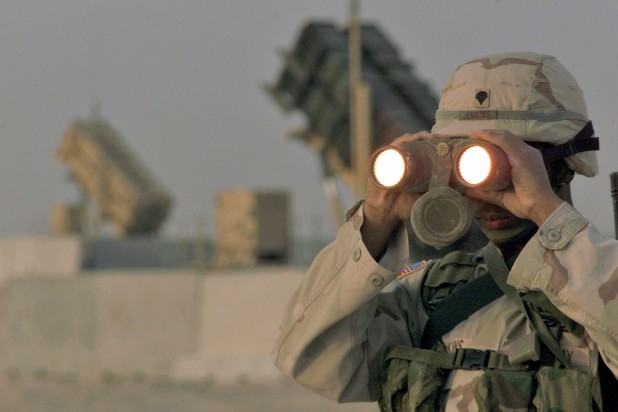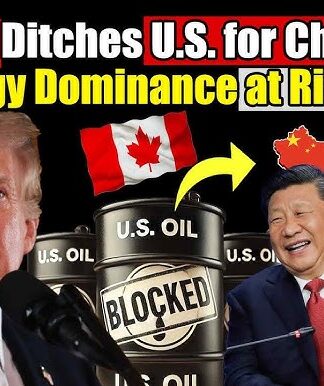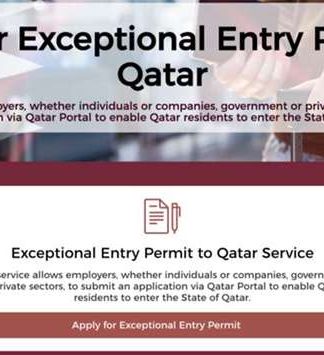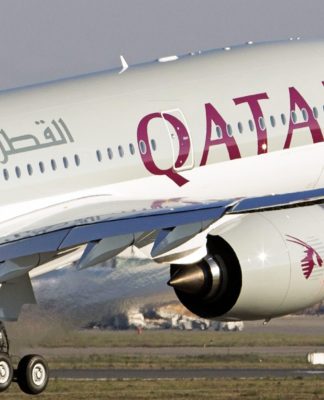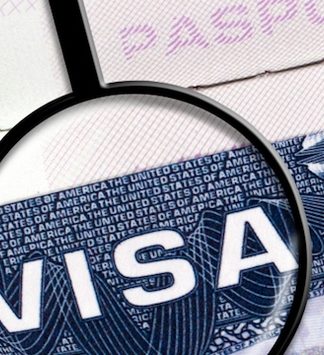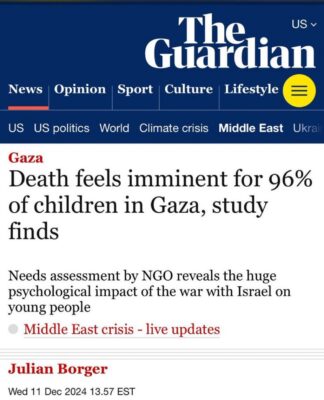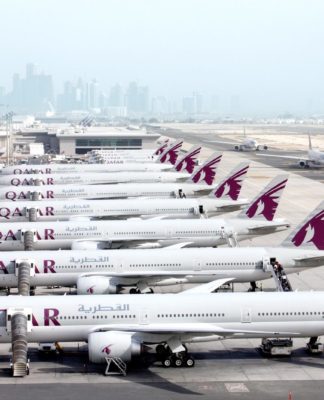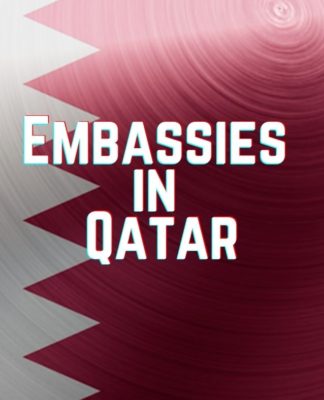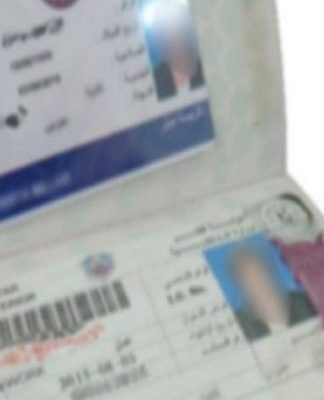US presidential candidate Hillary Clinton believed Qatar and Saudi Arabia were “providing clandestine financial and logistic support” to IS, according to a recently leaked email.
The message was among thousands of reported exchanges between Clinton and John Podesta that were posted online this week by Wikileaks.
Podesta is Clinton’s current campaign chairman and former Counselor to President Barack Obama.

Trevor McGoldrick/Flickr
White House
Qatar has not commented on the leaked email, but the White House blamed Russia for the breach, adding it would “retaliate” sometime in the future.
It also remains unclear how the message will affect US-Qatar ties, which have grown increasingly stronger in recent years.
Qatar hosts the largest US Air Base in the region. And just last week,Qatar Airways announced plans to buy up to $18 billion in aircraft from US manufacturer Boeing.
Diplomatic pressure
Clinton’s specific Qatar reference was found in an August 2014 thread, in which she and Podesta discussed efforts to defeat IS in Iraq and Syria.

Expert Infantry/Flickr
Photo for illustrative purposes only.
In her message, Clinton appeared to outline an eight-point action plan, saying:
“…we need to use our diplomatic and more traditional intelligence assets to bring pressure on the governments of Qatar and Saudi Arabia, which are providing clandestine financial and logistic support to ISIL and other radical Sunni groups in the region.
She also wrote about the need to engage Kurdish forces with US military advisors in a “low profile” effort that avoided conventional ground operations.
And point four of her reported email states: “The Qataris and Saudis will be put in a position of balancing policy between their ongoing competition to dominate the Sunni world and the consequences of serious US pressure.”
No terrorism ties
The allegations that Qatar supports radical groups is not new. In the past, several officials have strongly denied such ties, however.
In 2014 for example, then-Foreign Minister Dr. Khalid bin Mohammed Al Attiyah said “there is no single answer” to ending sectarian violence in Iraq and Syria.

Ministerie van Buitenlands
Former Qatar foreign minister Dr. Khalid Al Attiyah
But he added that it was imperative to cut funds to extremist groups in the region. In an opinion piece for Huffington Post France, he added:
“Qatar does not endorse any extremist group in any way. We are shocked by their opinions, their violent methods and ambitions. The vision for the region of extremist groups is not ours and we will never support them in any way whatsoever.”
Specifically responding to allegations that Qatar had ties with ISIS, he said, “Qatar does not support the Islamic state, and to suggest otherwise obscures our efforts to promote peace, security and stability in a region that is subject to an endless cycle of conflict and tragedy. It is this cycle that Qatar wants to see end.”










